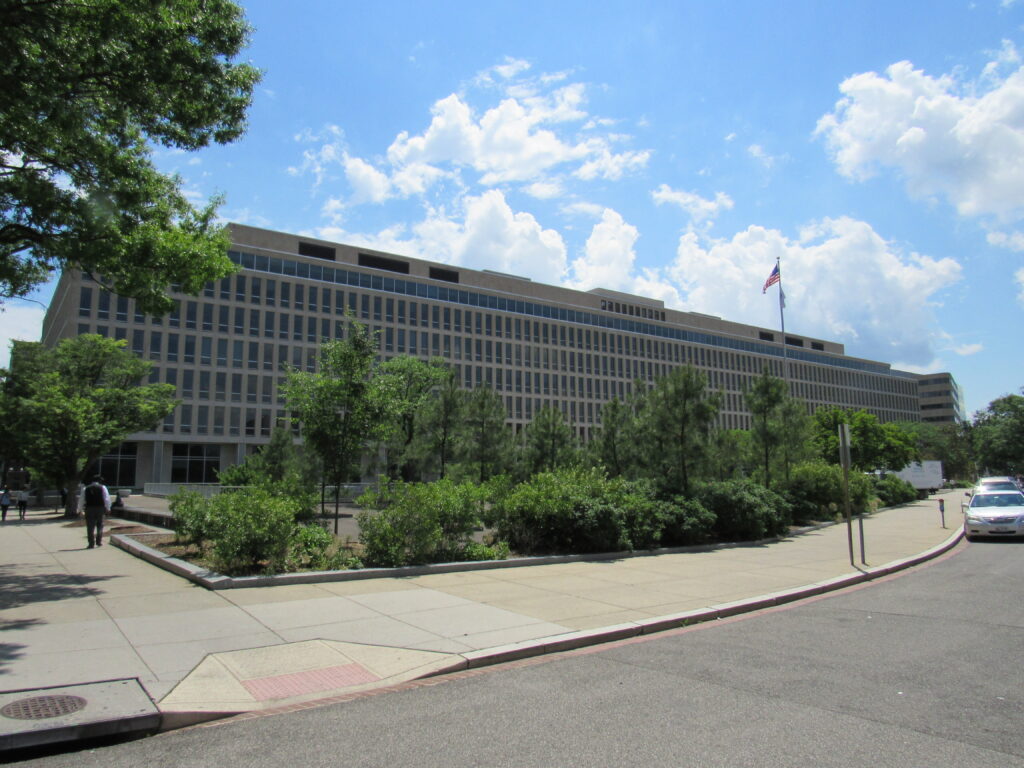In many ways people are like rats. When adopted or taken care of from a young age, a rat will learn to be obedient, compassionate, intelligent, and endearing. However, when neglected or put in a subpar environment, a rat will lack any of the aforementioned attributes and will rather grow to be unruly, callous, unintelligent, and foul. I know this from experience: I adopted my first two rats from a pet store and to this day the surviving girl (unfortunately one passed away) struggles with human interaction. Whereas, the other rat I adopted at one or two months old is much more obedient and accustomed to human interactivity. Essentially, rats’ characters improve the earlier they are adopted or taken care of — a breeders’ rat who is put in a loving and affectionate environment from day one will grow to be a great pet.
Humans are the same way. It is no surprise that those in underfunded schools or broken homes statistically grow to have a worse character and make less of their lives. A child will develop best in a caring environment with enough resources to spare — and one factor of such environment that is mandatory for a child’s development is their education. From ages five to eighteen, and earlier or beyond if the child is lucky or desires, one is subject to education in the United States; it is this education that is a staple of American democracy. Thomas Jefferson for instance once said “An educated citizenry is a vital requisite for our survival as a free people.”
Unlike in most countries, education in the United States is decentralized. The federal government lacks influence over the education system of the states, and thus the people have increased autonomy in individual regions. Specifically, the people in a given region have elevated power to decide what their children will learn in schools, opposed to a centralized education system wherein the people as a whole determine what their children will learn. A centralized education system takes power away from the regions and passes it onto the national collective. Such decentralized structure present in the United States is regrettable, however; it leads to increased indoctrination, increased inequality, and decreased opportunity.
Many believe decentralized education fights indoctrination in schools; however, quite the contrary is true. Allowing decentralized education to take power is a greater threat to children’s independence and free thought than centralized education. Essentially, because in a decentralized education system the will of the people in a given region within a larger body decide the curriculum and structure of schools, the average thought of said region will be reflected onto the schools; the same applies to centralized education: the thought of the general populous reflects onto the education system, and it is therefore that given whichever body finds itself with the task to determine the education of its children, the body that would deliver the least indoctrination must be selected to manage its education system. In short, the thought of whichever body, whether national or regional, that manages its school system, will be reflected into its schooling. There is no way around this unless elements of democracy are to be put aside.
The collective national thought opposed to a regional collective thought reflected onto an education system would pose less indoctrination. For example, take the state of Alabama. Its education system would skew toward a southern and politically rightward perspective, no matter how impartial the state’s education system may be. Therefore, the ideals of Alabama taint its students minds — specifically minds of which ought not to be contaminated with a given ideology. The same applies to California: California’s education system has a western and politically leftward tint, and therefore its students are faced with biased teaching. In short, both states have a certain level of indoctrination they subject their students to. However, if Alabama and California were to merge their education systems and decide how students would learn democratically, then education would emerge with a more unbiased tint because both sides fight for their ideals and thus in theory the best of both worlds appear.
The example applies on the national level. There is nought but to gain from a merger of every state’s education system because the end result would be a system in which students face less indoctrination. This is not to say that a centralized education system would be free of indoctrination, but that one would subject its students to less bias. In other words students would hold less false views after being educated.
One may argue that a decentralized education system results in more diversity in thought among the populous, and therefore a decentralized education system is superior to a centralized one. This is true in that a decentralized education system results in more diversity in thought; however, such is not to be desired. Wrongful thought — which would emerge to a greater extent in a decentralized system opposed to a centralized system — whether diverse or not, is a net negative to society and should be eradicated. For instance, regarding cooperation, two minds with differing false views will have a greater difficulty in collaborating than two minds with the same less false views. Hence, diversity in thought that would emerge from a decentralized education system is not desirable.
Furthermore, a decentralized education system results in increased inequality within the United States. One of the goals of education and values of our nation is equal equality for all — allowing a decentralized education system to exists entails that each region will have to fund itself to a certain extent, and hence some regions will have more impoverished schools than others — equality cannot exist under a decentralized education system. A centralized system would not automatically solve the problem of equal opportunity, but it would be a step ahead in the right direction because funding can be administered more broadly. For example, in Alabama schools are funded less than schools in Massachusetts; however both students in Alabama and Massachusetts have the right to equal education given they did not choose their birth place or circumstance in life. This is also not to say each school in each district should be completely equal: life is not fair and ultimately resources will be distributed more efficiently if each region were not completely equal in certain aspects, but as of now schooling can and should be more equal across the nation.
Opportunity will be more widespread in a centralized education system as well. Back to the Alabama and Massachusetts example, not only will schools and thus education be more equal under a centralized education system, but the opportunity students receive will be in addition. More opportunity across the board results in general in more human prosperity given people will have more chances to make the best out of their lives.
The results of education reform take time to appear, but they nonetheless show and if good change society for the better, much more than other types of reform — for education reform does not turn society into a utopia, but establishes the infrastructure for a better world, as the goal of a society should never be to create a utopia, but to build the infrastructure required to construct a utopia. To create such infrastructure the general populous must be given enough resources and care to become a properly educated citizenry.



Cool.
yes the best indeed i love